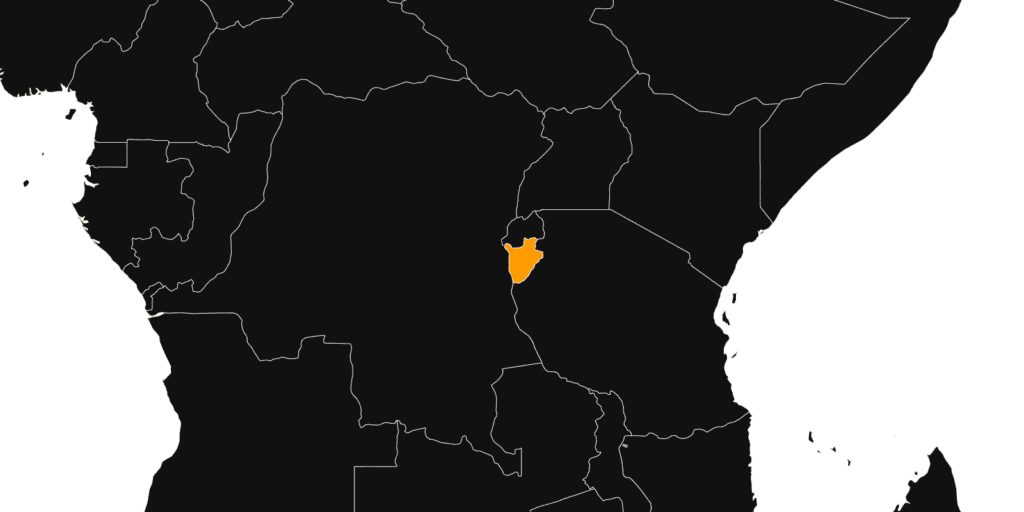
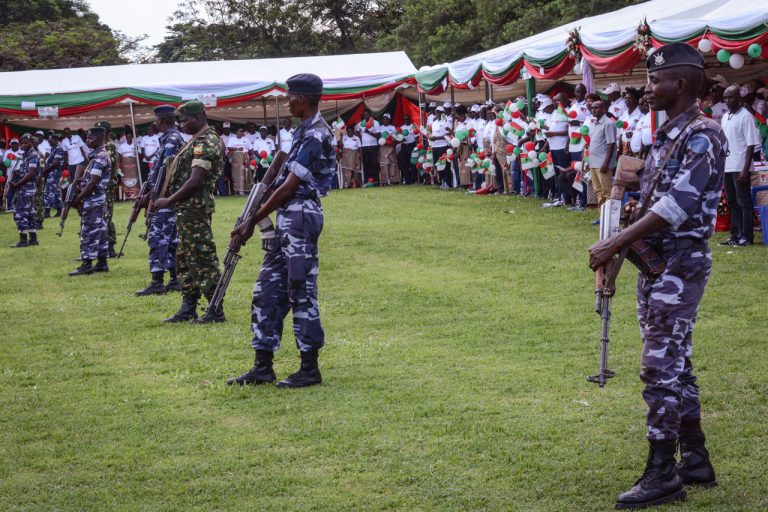
Media clampdown designed to silence criticism and independent reporting
Authorities in Burundi have expanded the suspension of the Voice of America, withdrawn the BBC’s operating licence and forbidden citizens from directly or indirectly providing information to the two institutions.
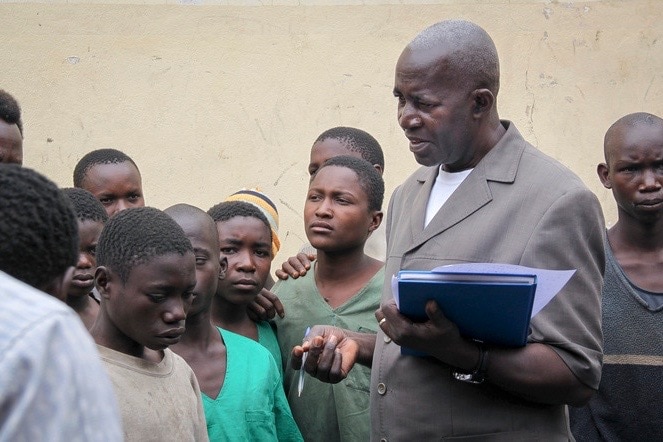
Pierre Claver Mbonimpa: A profille
As the crisis in Burundi threatens to tip back into civil war with escalating killings of demonstrators and government opponents, at its epicentre is the calm figure of human rights defender Pierre Claver Mbonimpa.
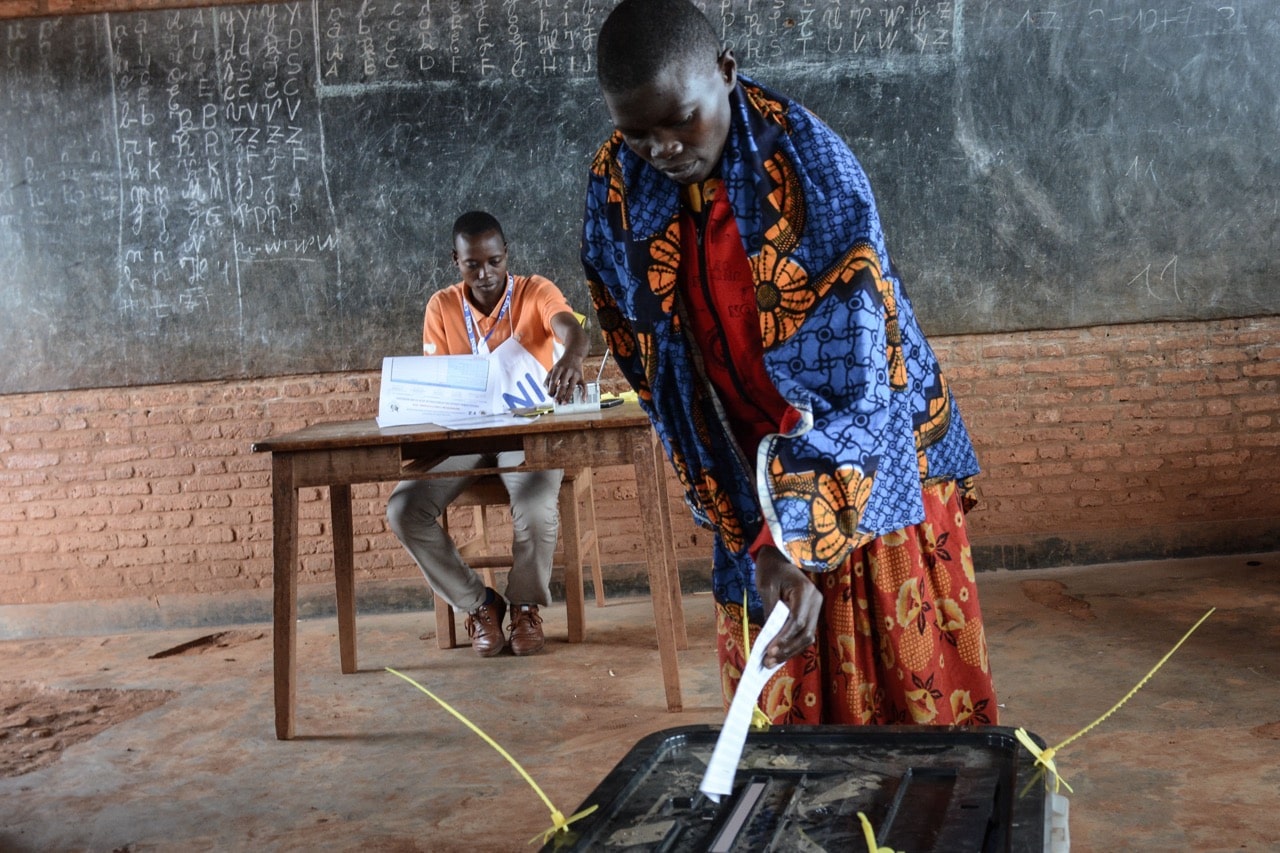
Media clampdown intensified ahead of Burundi referendum
Burundi’s landscape, prior to the referendum to revise its constitution, featured divisive language, hate speech, intimidation, threats and violence against the media, including the banning of broadcasting stations.
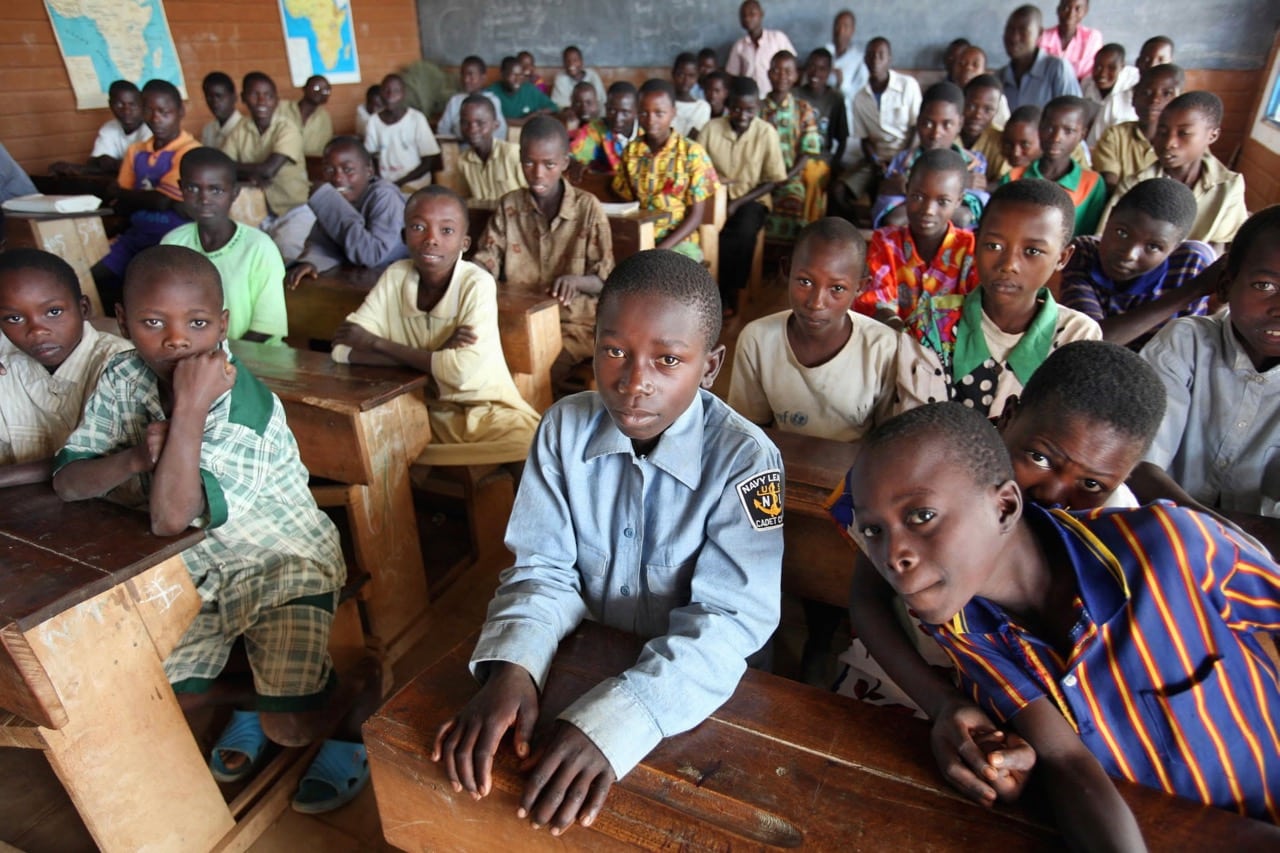
Radio journalist Jean-Claude Nshimirimana told he will be jailed if he continues working
Reporter Jean-Claude Nshimirimana was threatened by the Govenor in Eastern Burundi for airing a story on the discontent amongst teachers and principals who were allegedly requested to pay a voluntary tax to fund the general elections to be held in 2020.
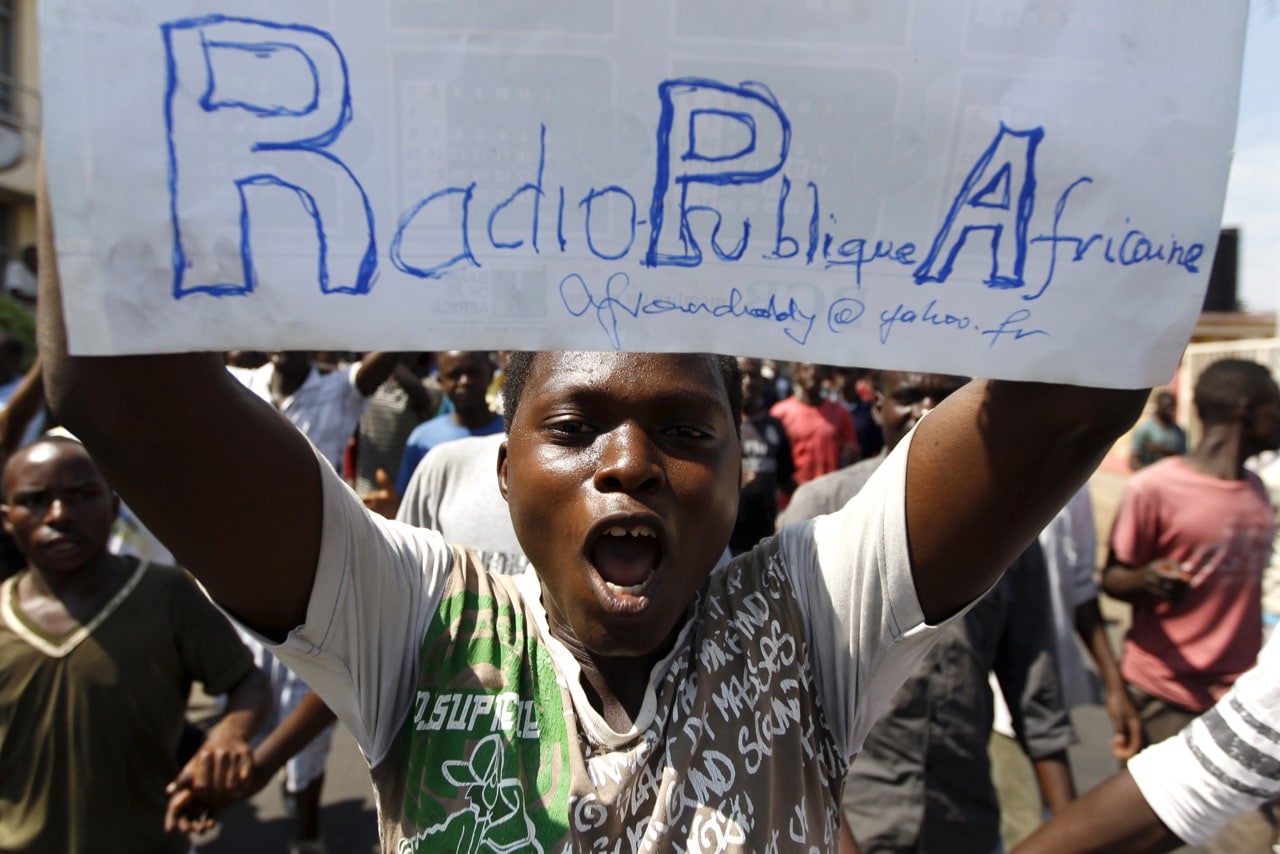
Burundi: Communications council rescinds media licenses
Announcing the decision on 28 September, Burundi’s National Council for Communication (CNC) said Radio Publique Africaine, Radio Bonesha, Radio Renaissance and Télévision Renaissance were having their licences rescinded for spending more than three months without broadcasting and for “failing to sort out their judicial status in time.”
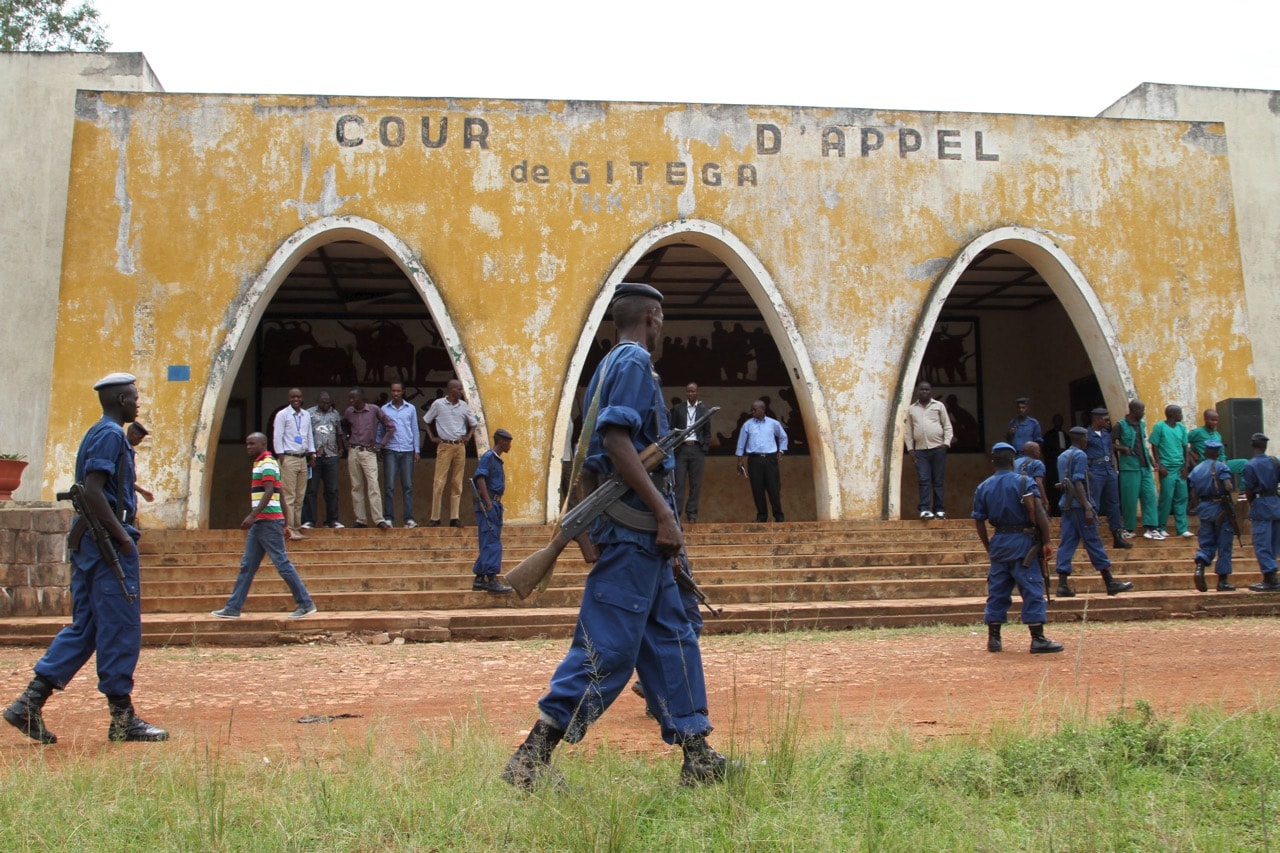
Where is Burundian reporter Jean Bigirimana?
A reporter for the independent news website Iwacu, reporter Jean Bigirimana left his home in Bujumbura on the morning of 22 July 2016 to meet a contact in Bugarama. He told his wife he would be back for lunch. She never saw him again.
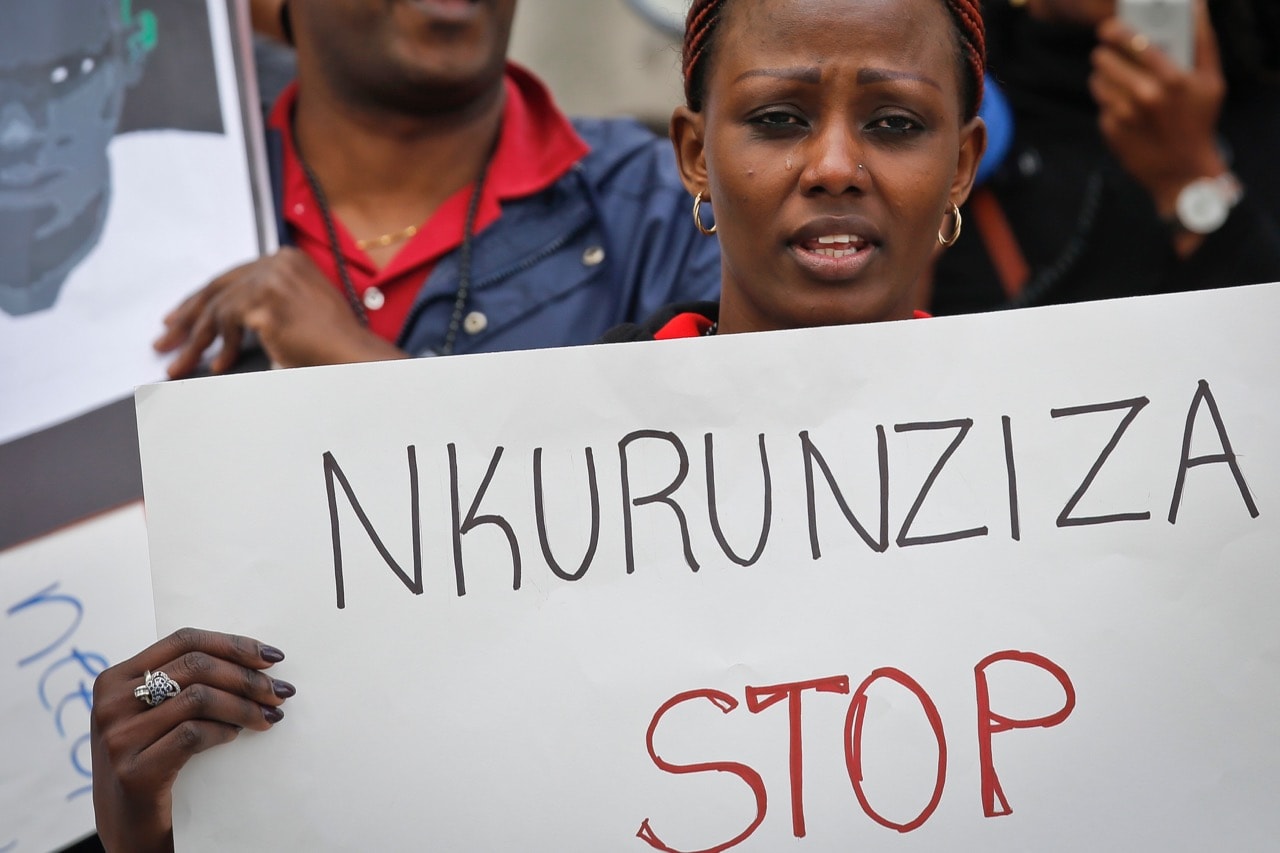
UPR submission highlights Burundi’s “markedly worsening situation” for free expression
A Universal Period Review submission by ARTICLE 19 and its partner organisations addresses a markedly worsening situation for freedom of expression and freedom of association in Burundi since its last UPR.
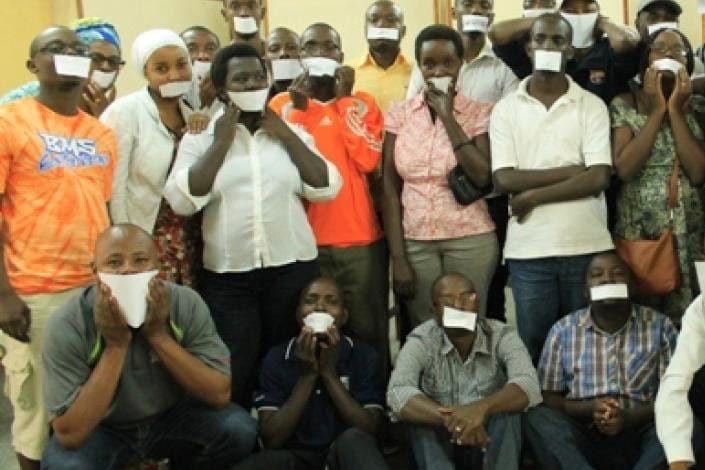
Interrogation of Radio Isanganiro editor latest attack on free speech in Burundi
Burundi’s National Intelligence Service has accused Radio Isanganiro editor Joseph Nsabiyabandi of stirring up public opinion and inciting revolt, without citing any specific report corroborates these accusations.
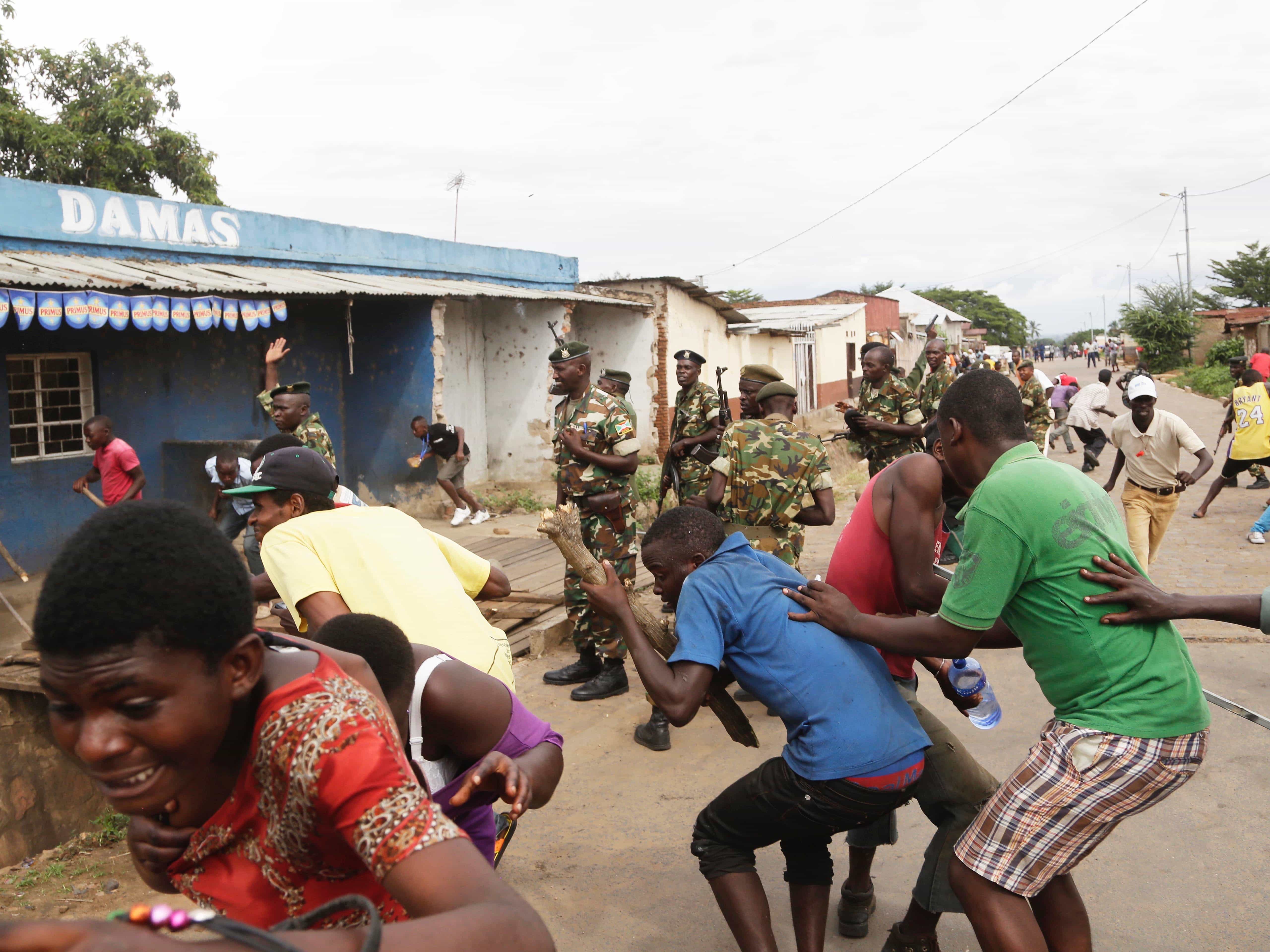
Burundians afraid to speak out as ruling party youth league kill, torture opponents
“Burundians live in fear of the next attack, afraid to speak out to denounce the killings, torture, and other abuses.”

Burundians afraid to speak out as ruling party youth league kill, torture opponents
“Burundians live in fear of the next attack, afraid to speak out to denounce the killings, torture, and other abuses.”
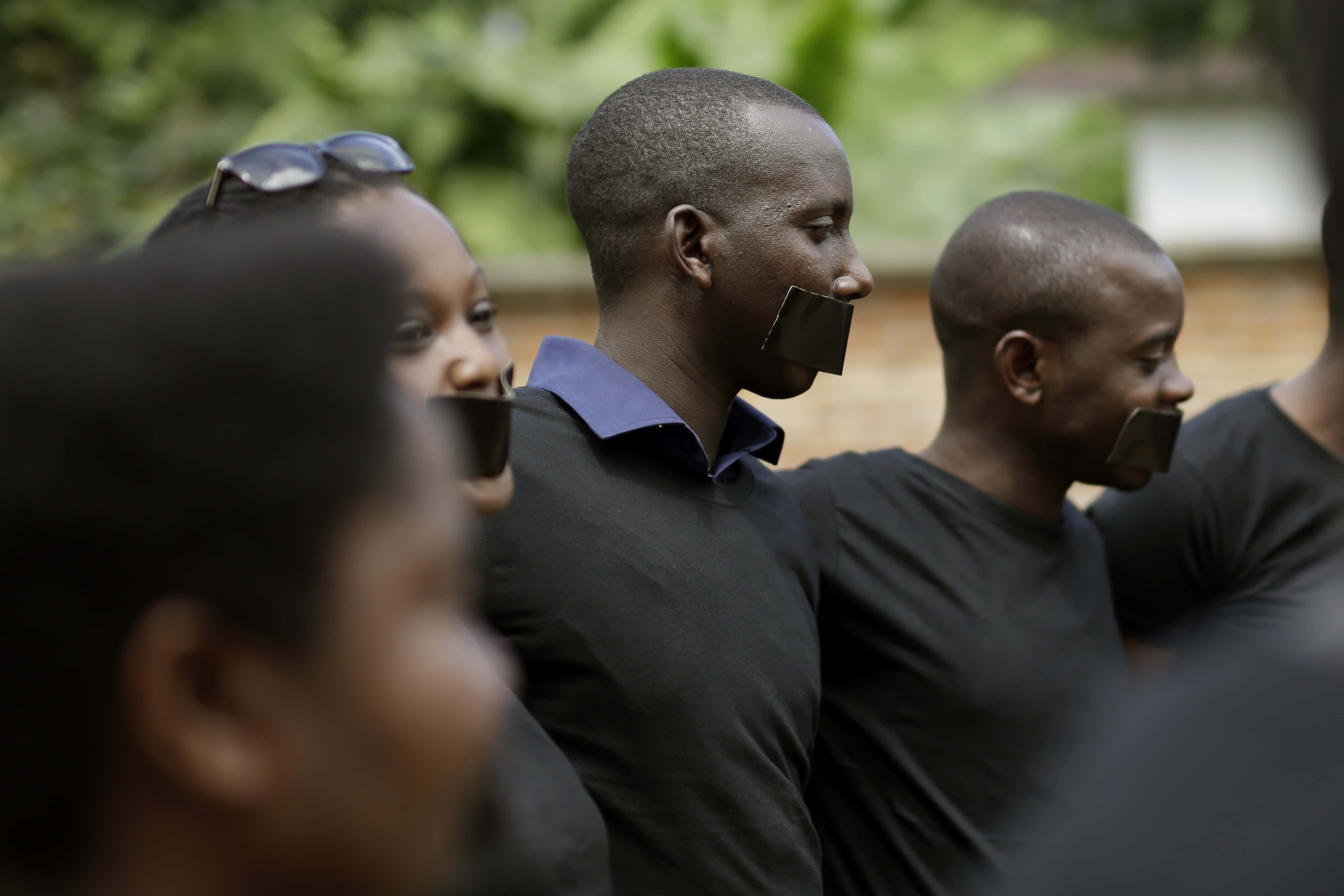
Burundian human rights groups closed for “being liable to disturb state security”
Five civil society and human rights groups have been provisionally closed for “being liable to disturb order and state security.” They include the Burundian Union of Journalists (UBJ), which has repeatedly condemned media freedom violations since Burundi’s political crisis began in May 2015.
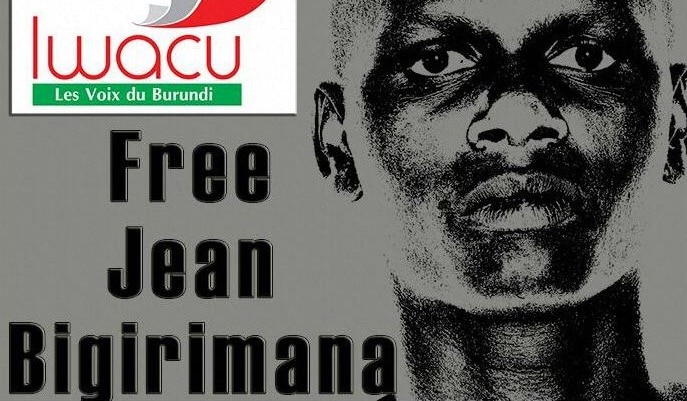
Where is Burundian journalist Jean Bigirimana?
It is exactly one month since 37-year-old journalist Jean Bigirimana vanished after leaving his home in Burundi’s capital, Bujumbura, for Bugarama, a town about 40 kilometers away. There are unconfirmed reports that he was arrested there by members of the intelligence services, but his whereabouts remain unknown.

Burundian journalists face regime threat both locally and abroad
Boaz Ntaconayigize, a Bonesha FM journalist who had fled into exile, was stabbed by four men in the Ugandan capital, Kampala, just a week after he told his editor that Burundian intelligence agents had infiltrated the Burundian refugee community there.
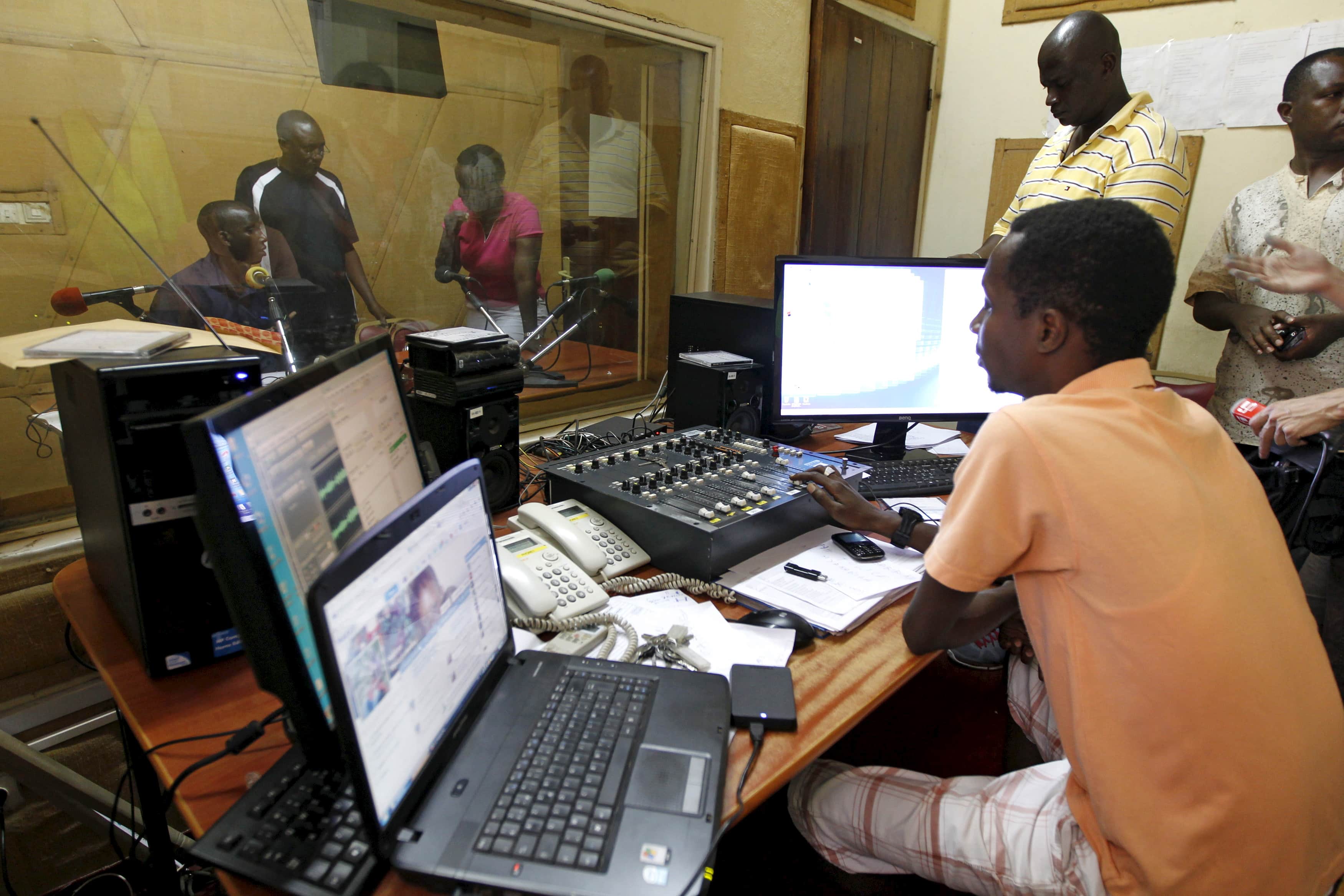
Nine months after, Radio Publique Africaine technician still detained
The peculiar case of a radio worker in secret detention in the Congo who is accused of both spying for Rwanda and aiming to destabilize Burundi.
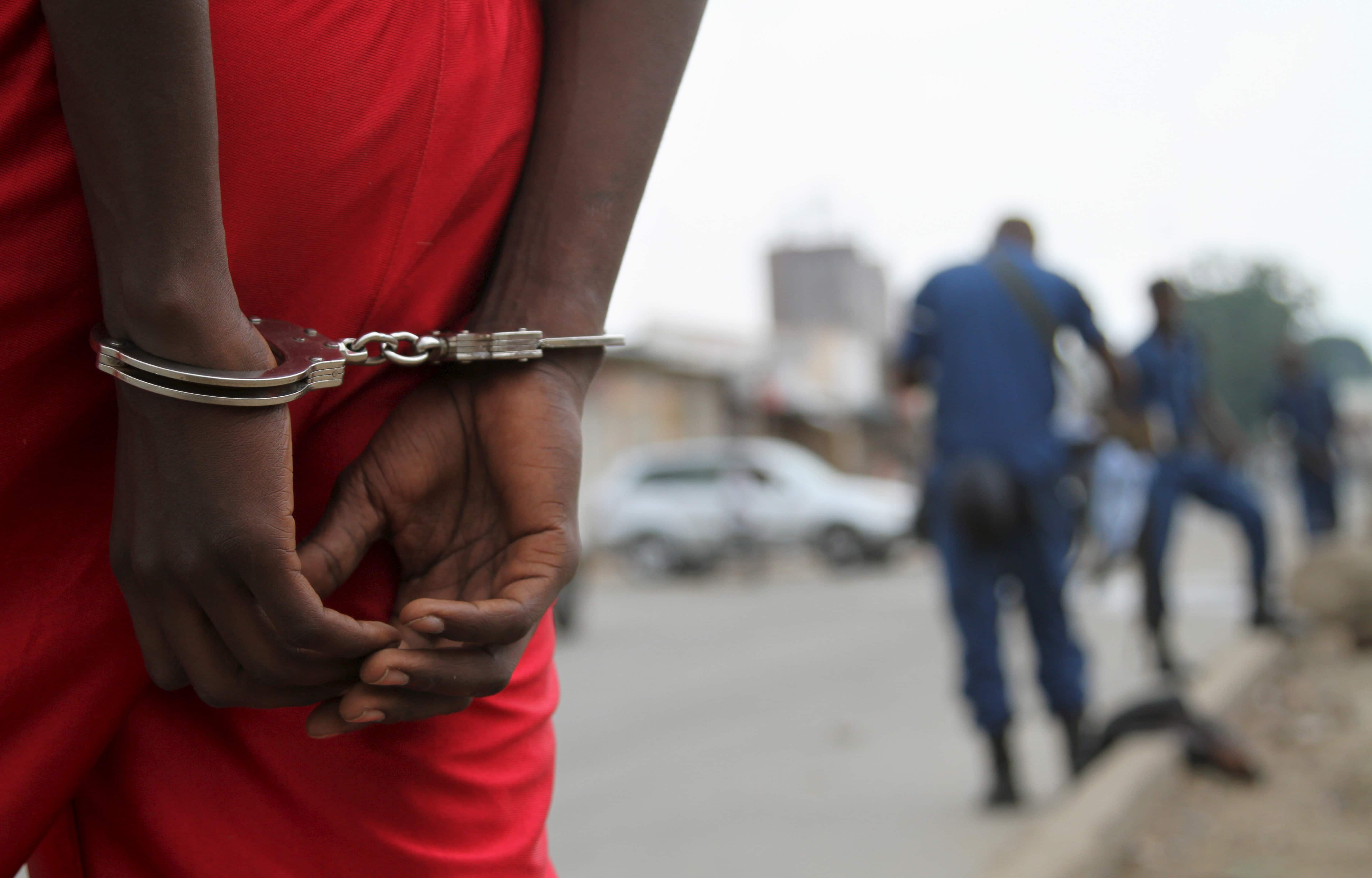
Burundian intelligence services torture suspected opponents
Intelligence officials told some detainees they would be killed if they spoke about their treatment and ordered others to lie or promise not to talk to human rights groups. Intelligence agents have followed and threatened people suspected of giving information to human rights groups.
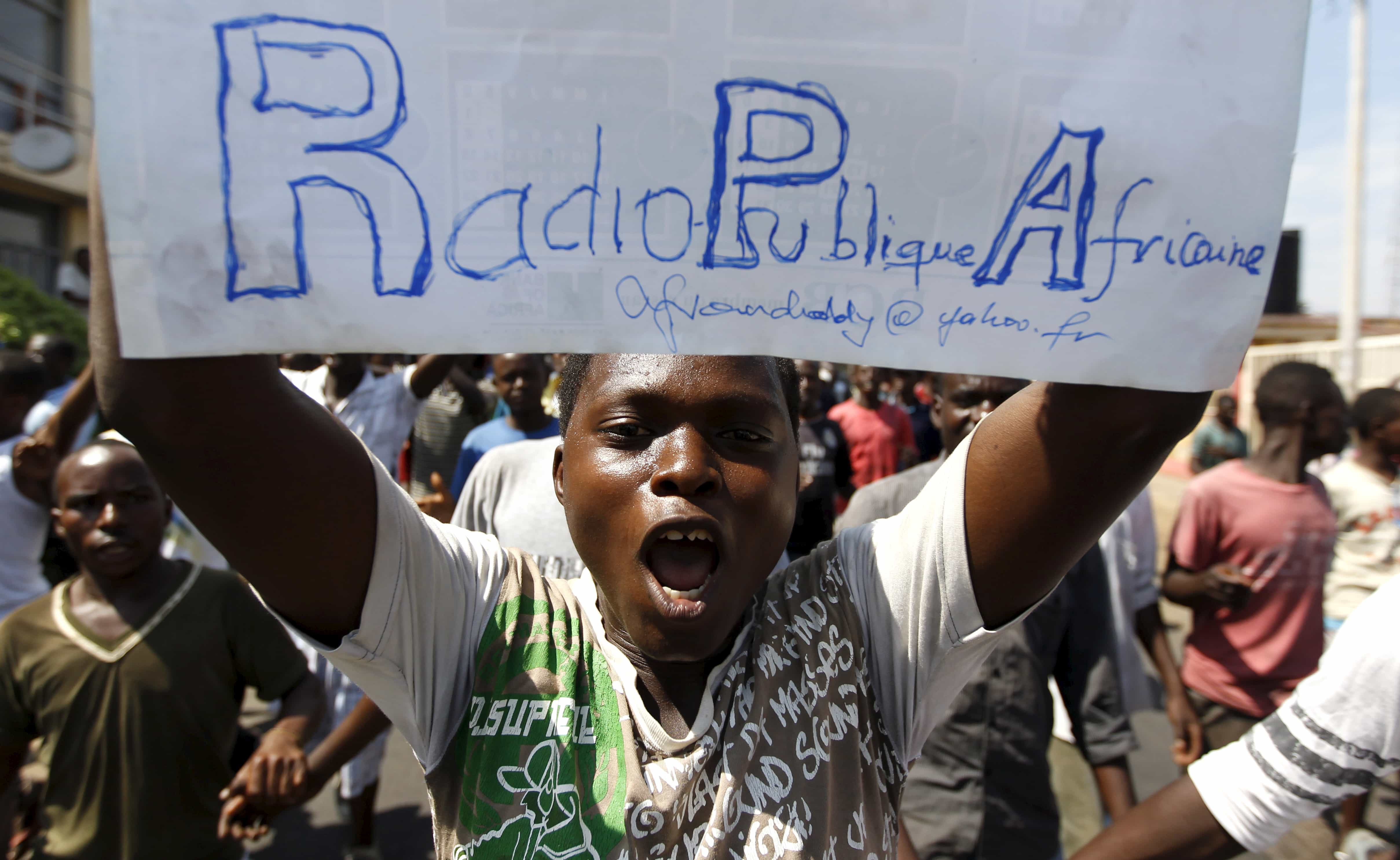
From radio silence to virtual airwaves: A conversation with SOS Médias Burundi
How the destruction of private radio stations affects access to information about the Burundi crisis, and what one anonymous media collective is doing about it.